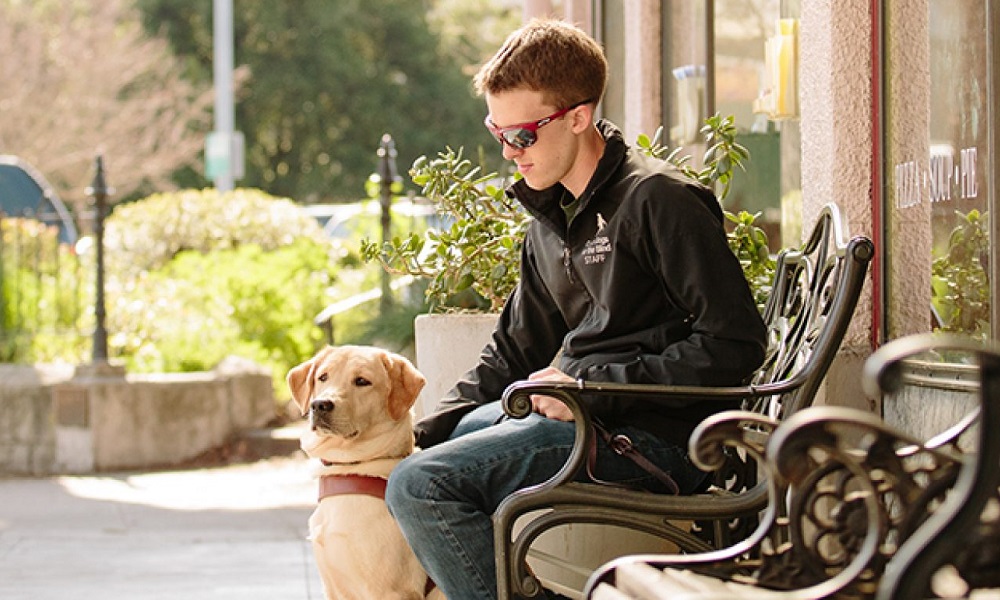Residential dog training can be effective, offering intensive focus on behavior issues. Success rates vary depending on the dog and the program. Residential dog training, often known as board-and-train or in-board training, provides a unique approach to dog behavior modification.
Unlike traditional training where the owner is actively involved in the process, here, pets stay at a facility for a set period, working one-on-one with professional trainers.
This immersive environment enables consistent training throughout the day, leading to significant improvements in a dog’s obedience and behavior.
It’s an option particularly suited for owners facing challenging behavioral issues or time constraints that prevent them from being involved in daily training sessions.
The effectiveness of residential dog training hinges on choosing a reputable program with experienced trainers who use positive reinforcement techniques. With the right conditions, dogs can return home having made remarkable progress.

Benefits Of Residential Dog Training
This immersive training style has several benefits that help both the dog and their owner. Let’s dive into the advantages that make this method so popular among pet parents.
Time Dedication
Busy schedules can make it tough to train your dog. With residential training, professionals work with your pet intensively and consistently. This means they dedicate a set amount of time exclusively to training, leading to faster results.
Professional Guidance
Trainers in residential programs are often highly experienced. They provide expert advice and techniques tailored to your dog’s specific needs, ensuring effective learning and progress.
Resolve Behavioral Issues
- Chewing, barking, and digging are common problems.
- Residential training focuses on such issues in a structured environment.
Develop Obedience Skills
Dogs learn basic commands like sit, stay, and come. Positive reinforcement ensures they associate obedience with good experiences.
Professional Training Expertise
| Professional Skills | Benefits for Your Dog |
|---|---|
| Behavioral Analysis | Understanding specific needs |
| Customization | Tailored training methods |
Peace Of Mind
Knowing your furry friend is in capable hands provides peace of mind. You can relax, aware that your dog is on track to become a well-behaved companion.
Factors To Consider Before Choosing Residential Dog Training
Choosing the right residential dog training program is key for your pet’s success. Certain factors can greatly influence the outcome. Each factor weighs heavily on the training’s effectiveness and your satisfaction. Let’s explore these considerations.
Dog’s Behavior
Understanding your dog’s behavior is crucial. Does your dog respond well to new environments? Are they social or do they exhibit aggression? A residential program should cater to their temperament. It’s essential to:
- Assess their comfort with strangers
- Recognize signs of anxiety or stress
- Ensure the program can handle their specific behavior
Training Goals
Set clear training goals before enrolling. This ensures the program aligns with your expectations. Questions you might consider:
- What skills do you want your dog to learn?
- Is behavior correction a priority?
- How do you measure success post-training?
Budget
| Cost Element | Typical Range |
|---|---|
| Standard Training | $500 – $1000 |
| Behavioral Modification | $1000 – $2500 |
| Luxury Accommodations | $2500+ |
Factor in the cost of the training program. Prices vary based on:
- Duration of the program
- Type of training provided
- Facilities and amenities offered
Analyze your budget and weigh it against the potential benefits for your dog.
Alternatives To Residential Dog Training
Residential dog training offers a unique solution for busy pet owners. Yet, several alternative methods may suit your lifestyle and your furry friend’s needs better.
Group classes and online training are excellent places to start. Each provides distinct benefits and challenges. Dive into these alternatives to discover the perfect fit for you and your dog.
Group Classes
Group classes create a dynamic learning environment. Socialization is a key advantage here. Dogs learn to behave around other dogs and people. Certified trainers lead these sessions.
They address common behavioral issues. Classes usually meet weekly. This provides a consistent schedule.
- Structured environment with other dogs
- Builds social skills
- Direct feedback from professionals
- Cost-effective
Online Training
Online training offers flexibility. It’s ideal for those with unpredictable schedules. A wide range of courses exist. They cover everything from basic obedience to advanced tricks. Video tutorials and live webinars are common formats. Users can learn at their own pace.
- Select courses based on your dog’s level
- Learn from expert trainers globally
- Train at home
- Easy access via computer or mobile
Assess your lifestyle. Consider your dog’s behavior and personality. Choose the best training method that promotes a happy, well-behaved canine companion.
Conclusion
Residential dog training offers a focused environment for learning. Dogs benefit from consistent routines and professional guidance. Behavior changes are often faster and more robust.
Ultimately, these programs can be a wise investment for long-term canine obedience. Always choose reputable trainers for the best results.